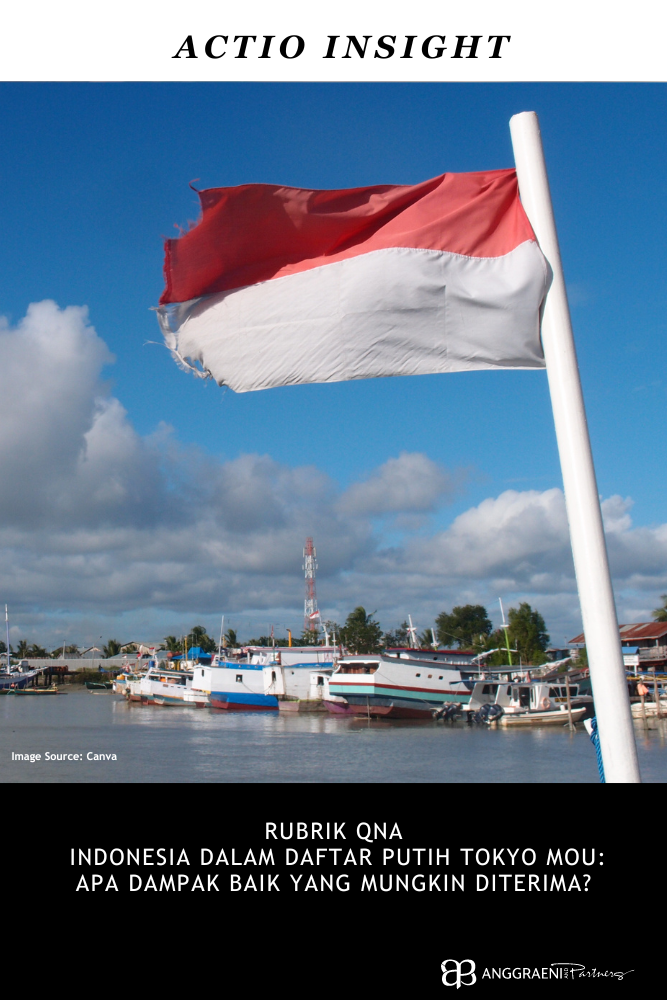- Home
- Capabilities
- ACTIO® Hub
- About Us
- Connect with Us
- AP Library
Bitcoin is a type of crypto currency, which first appeared in 2009.1 Basically, Bitcoin is a digital currency that can be used as a means of payment in several countries, for example Singapore, Germany, Canada, and Finland.2 However, even though several countries have accepted Bitcoin as a means of payment, Indonesia has not accepted Bitcoin as a legitimate means of payment.
There are at least three basic considerations why Bitcoin cannot be used as a legitimate means of payment in Indonesia.
First, Law Number 7 Year 2011 concerning Currency (Currency Law) strictly limits the legitimate Currency to be used as money issued by the Unitary State of the Republic of Indonesia, namely Rupiah.3 This BITCOIN: IS IT RECOGNIZED AS A MEANS OF PAYMENT IN INDONESIA? causes the use of any currency, other than Rupiah, including Bitcoin, to be illegitimate means of payment. This provision is reinforced by Article 21 paragraph (1) Currency Law, which stipulates that the Rupiah shall be used in the territory of the Republic of Indonesia in:
Further, based on Article 33 paragraph (1) of the Currency Law, any person who does not comply with the provisions of Article 21 paragraph (1) of the Currency Law shall be subject to a maximum imprisonment of 1 (one) year and a maximum fine of Rp. 200,000,000.00 (two hundred million Rupiah).
Second, in addition to the provisions of the Currency Law as mentioned above, Bank Indonesia has also not recognized the use of Bitcoin as a means of payment, this is based on:
The above regulations do not explicitly state the prohibition on the use of Bitcoin, however they stipulate that only Rupiah can be used as a means of payment. Further, Bank Indonesia has also recommended the public not to sell and purchase Bitcoin due to the high risk of money laundering and terrorism financing, the lack of any responsible authority, the absence of any legitimate administrator, and that there are no underlying assets that underlie the price of Bitcoin, and finally the volatility of its value when trading.4
Third, the Commodity and Futures Trading Regulatory Agency (Badan Pengawas Perdagangan Berjangka Komoditi – Bappebti) through Regulation Number 5 of 2019 (Bappebti Regulation) determines Bitcoin as one of the forms of Crypto Asset. Bappebti states that the regulation regarding Crypto Asset was made by considering the potential for investment in crypto asset trading which is quite large, very dynamic, and considered the development of crypto assets as getting better in the future.5
Crypto Asset is an intangible Commodity in the form of a digital asset, using cryptography, peerto-peer network, and distributed ledger, to regulate the creation of new units, verify transactions, and secure transactions without interference from other parties.6 In order for a Crypto Asset to be traded in the Futures Exchange, the relevant Crypto Asset must meet all requirements as stipulated in the Bappebti Regulation.7 In the event that people who have made Crypto Asset transactions intend to withdraw funds, then it must be verified first by the Futures Clearing Agency (Lembaga Kliring Berjangka) and such funds must use Rupiah.8 Even though Bitcoin has been determined as a tradable Crypto Asset, this does mean that Bitcoin can be used as a means of payment.
In the end, not accepting Bitcoin as a legitimate means of payment is justified from both a legal and practical standpoint. In principle, laws and regulations and recommendation issued by the Government are aimed at protecting the interests of the State and Indonesian citizens themselves. DRP/SCN/HES


